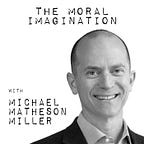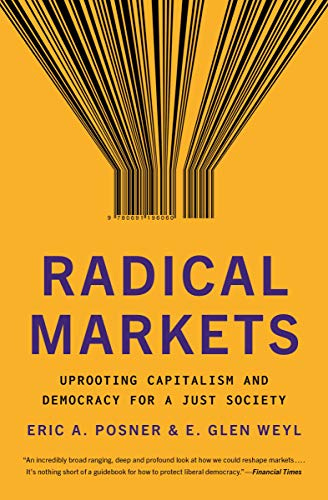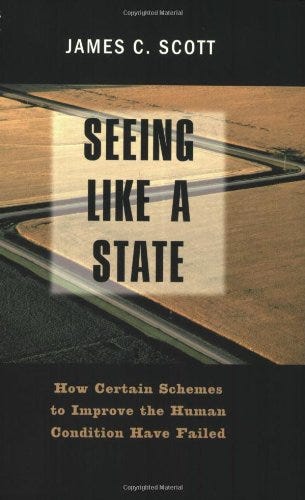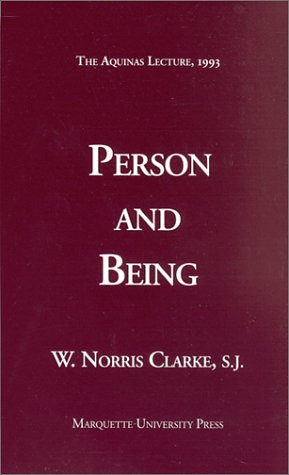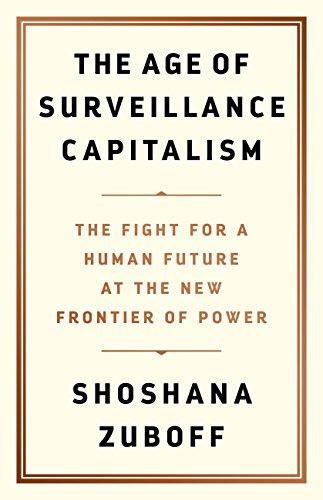In this episode, I speak with Glen Weyl about the ideology of artificial of intelligence, central planning, Communist China, and the problem of technocracy. In a wide-ranging conversation we also talk about collaboration, knowledge and experience, decentralization, individualism, and the Ukranian Genocide—and a number of thinkers including James Scott, Alexis de Tocqueville, Georg Simmel, Joseph Ratzinger, and more. We also discuss subways, coffee, complex society, and problem of ignoring the invisible. It was a lot of fun. Glen is an innovative and very interesting the thinker. He is a political economist and social technologist at the office the Technology Officer at Microsoft. He is also the founder of Radical XChange and the co-author, with Eric Posner, of the book Radical Markets.
Resourses
Douglas Engelbart Collaborative Technology
Fully Automated Luxury Communism
Aristotle on Phronesis or Practical Wisdom, Experience: Aristotle wrote in the Nicomachean Ethics:
although the young may be experts in geometry and mathematics and similar branches of knowledge, we do not consider that a young man can have Prudence. The reason is that Prudence includes a knowledge of particular facts, and this is derived from experience, which a young man does not a possess; [6] for experience is the fruit of years.(One might indeed further enquire why it is that, though a boy may be a mathematician, he cannot be a metaphysician or a natural philosopher. Perhaps the answer is that Mathematics deals with abstractions, whereas the first principles of Metaphysics and Natural Philosophy are derived from experience: the young can only repeat them without conviction of their truth, whereas the formal concepts of Mathematics are easily understood. (1142a)
Joseph Ratzinger: Critique of Positivism and Empiricist Rationality: Regensburg Address
Connatural or Poetic Knowledge
Karl Stern on Connatural Knowledge: See Flight from Woman, especially Chapter 3
Also look at Iain McGilchrist, The Master and Its Emissary
Michael Polanyi on “inarticulate rationality” in Personal Knowledge
I found this short video on connatural knowledge that is good start
Alexis de Tocqueville: Centralization and Individualism
James Scott: Seeing like a State
Holdomor: Ukrainian Genocide
Short Summary on Stalin and the Ukrainian Holdomor
The Russian Century: Good short book on 20th century Russia/Soviet Union by Brian Moyhahan
There is a recent movie about the Ukrainian Genocide and Stalin’s regime. Mr. Jones on Amazon Mr. Jones on iTunes This movie is not meant for children. There are scenes of decadence and depiction of violence that should be approached with caution.
Website
Twitter: @glenweyl
Videos
This is the video on coffee and complexity I mentioned in the podcast. It is part of the Good Society from Acton Institute
For those of you more interested in coffee—here is the long version that includes a bit more information.
EMBED BLOCK
Add an embed URL or code. Learn more
Essays
Ignoring the Invisible This is the essay I wrote on the complexity and the invisible that I mentioned in the podcast.
Here is the quote from Roger Scruton I mentioned
To say that this is ‘scientific’ rather than utopian is, in retrospect, little more than a joke. Marx’s remark about hunting, fishing, hobby farming and lit. crit. is the only attempt he makes to describe what life will be like without private property – and if you ask who gives you the gun or the fishing rod, who organizes the pack of hounds, who maintains the coverts and the waterways, who disposes of the milk and the calves and who publishes the lit. crit., such questions will be dismissed as ‘beside the point’, and as matters to be settled by a future that is none of your business.
Books
Radical Markets: Uprooting Capitalism and Democracy for a Just Society
By Posner, Eric A., Weyl, E. Glen
Seeing like a State: How Certain Schemes to Improve the Human Condition Have Failed
By James C. Scott
The Modernist City: An Anthropological Critique of Brasilia
By Holston, James
Person and Being (Aquinas Lecture)
By Clarke, W. Norris
The Age of Surveillance Capitalism: The Fight for a Human Future at the New Frontier of Power
By Zuboff, Shoshana

